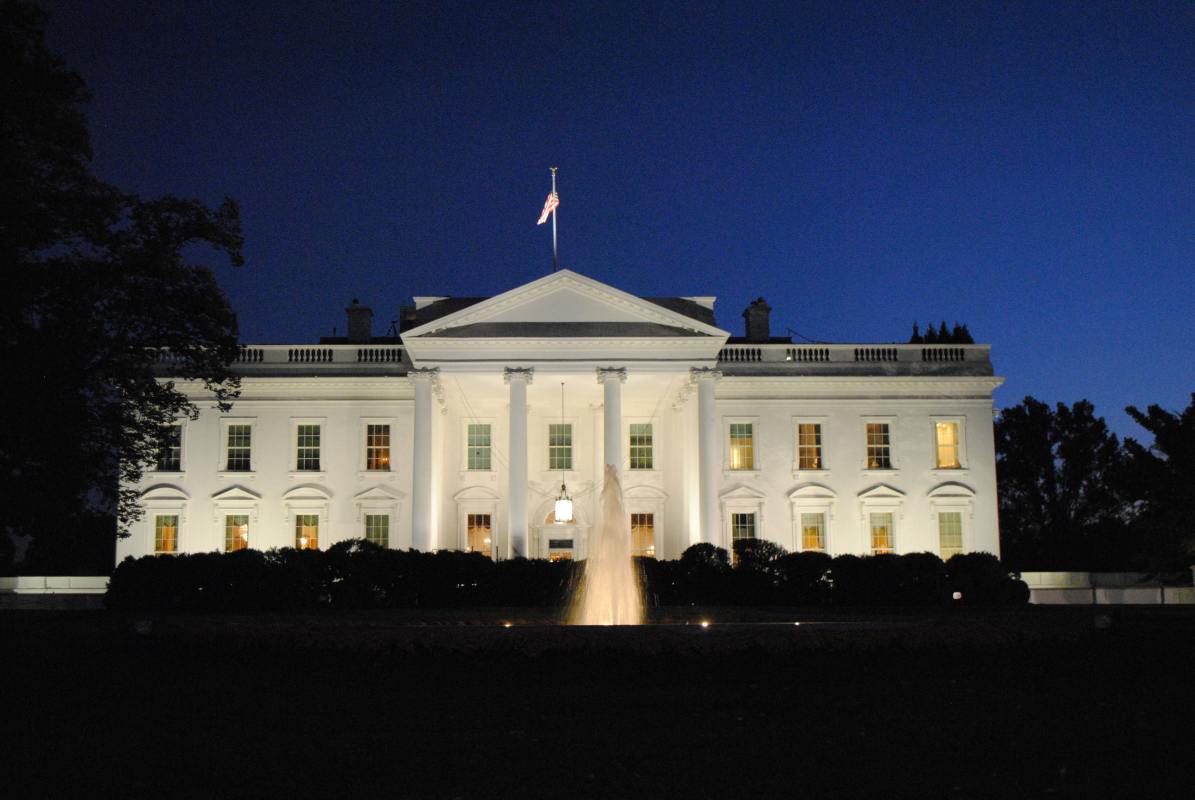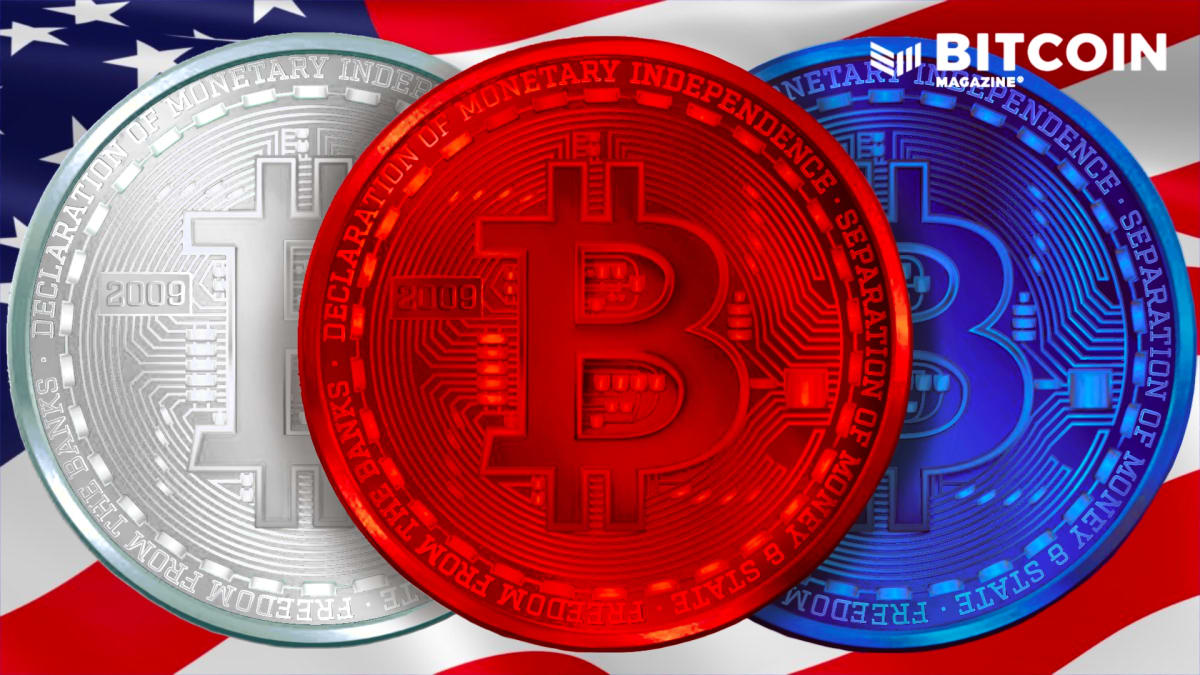2024-5-23 00:00 |
In the lead-up to the November elections, cryptocurrencies have become a prominent topic in the race for the White House. Notably, the Biden administration has changed its approach to digital asset regulation, likely influenced by former President Donald Trump’s support for the nascent industry.
Biden Administration Calls For Balanced Crypto RegulationIn an executive release, the Biden administration opposed the passage of H.R. 4763, a bill that would impact the regulatory structure for digital assets in the United States.
Instead, the administration aims to collaborate with Congress to establish a “comprehensive and balanced” regulatory framework that promotes responsible development and innovation in the crypto assets and payment sectors.
The administration also cited the lack of sufficient protections for consumers and investors in H.R. 4763 and emphasized the need for adequate guardrails while fostering innovation.
Senate And House Overturn SEC RuleThe Senate also recently voted to overturn Staff Accounting Bulletin 121 (SAB-121), an SEC rule that imposed burdensome accounting standards on cryptocurrency assets held by financial institutions. This decision followed the House’s approval of the same pro-crypto measure.
Additionally, the House is set to consider the Financial Innovation and Technology for the 21st Century Act (FIT21), a bill to establish a regulatory regime for the crypto industry in the United States.
The potential approval of spot exchange-traded funds (ETFs) for Ethereum by the US Securities and Exchange Commission (SEC) further indicates a shifting tide in favor of cryptocurrencies.
According to a Fortune Magazine report, President Biden intends to veto the Congressional action reversing SAB-121. Still, lawmakers within his party, including Senate Majority Leader Chuck Schumer and Corey Booker of New Jersey, have voted to repeal the SEC rule.
SAB-121 required financial institutions to treat crypto accounts as liabilities, making the safekeeping of digital assets economically unviable. A recent bipartisan analysis by the Congressional Research Service highlighted the potential limitations and costs associated with this rule, signaling a need for regulatory adjustments.
Trump Campaign Champions Financial FreedomWhile blockchain technology remains a bipartisan focus, the Trump campaign has made a noteworthy move by announcing its acceptance of donations in Bitcoin and various cryptocurrencies.
This marks a significant milestone as the first major party Presidential nominee to embrace cryptocurrency for fundraising purposes. The campaign integrates digital assets such as Bitcoin, Ethereum, Ripple, Dogecoin, and Shiba Inu, allowing donations through Coinbase Commerce.
The Trump campaign’s foray into cryptocurrency fundraising expands its digital fundraising operation and serves as a political statement supporting Bitcoin and crypto’s role in enhancing financial freedom and innovation.
As the race to the White House intensifies, the Biden administration’s shifting stance on regulation and the Trump campaign’s embrace of digital asset donations highlight the evolving landscape of digital assets in politics and regulations.
The upcoming elections are likely to shape further the trajectory of blockchain technology and its impact on the financial sector.
Featured image from Shutterstock, chart from TradingView.com
origin »Bitcoin price in Telegram @btc_price_every_hour
White Standard (WSD) на Currencies.ru
|
|















